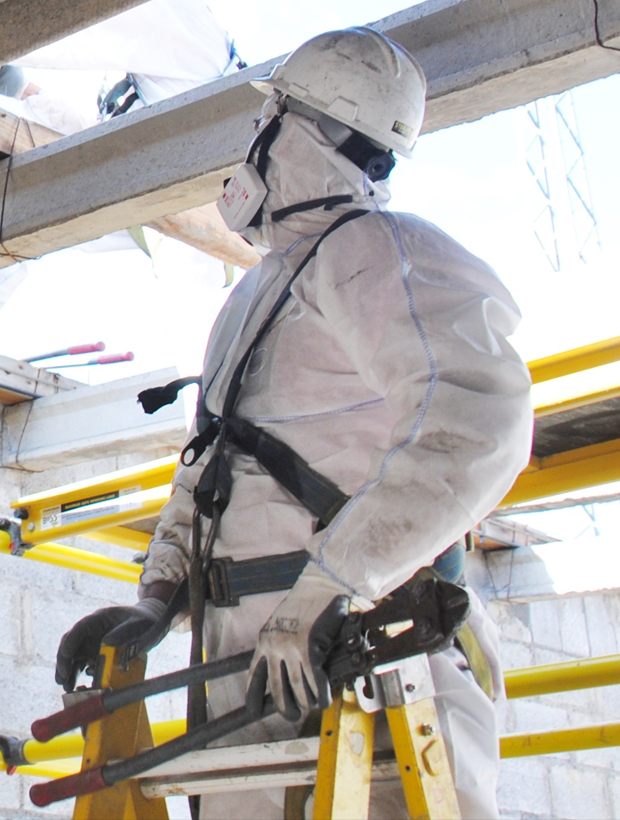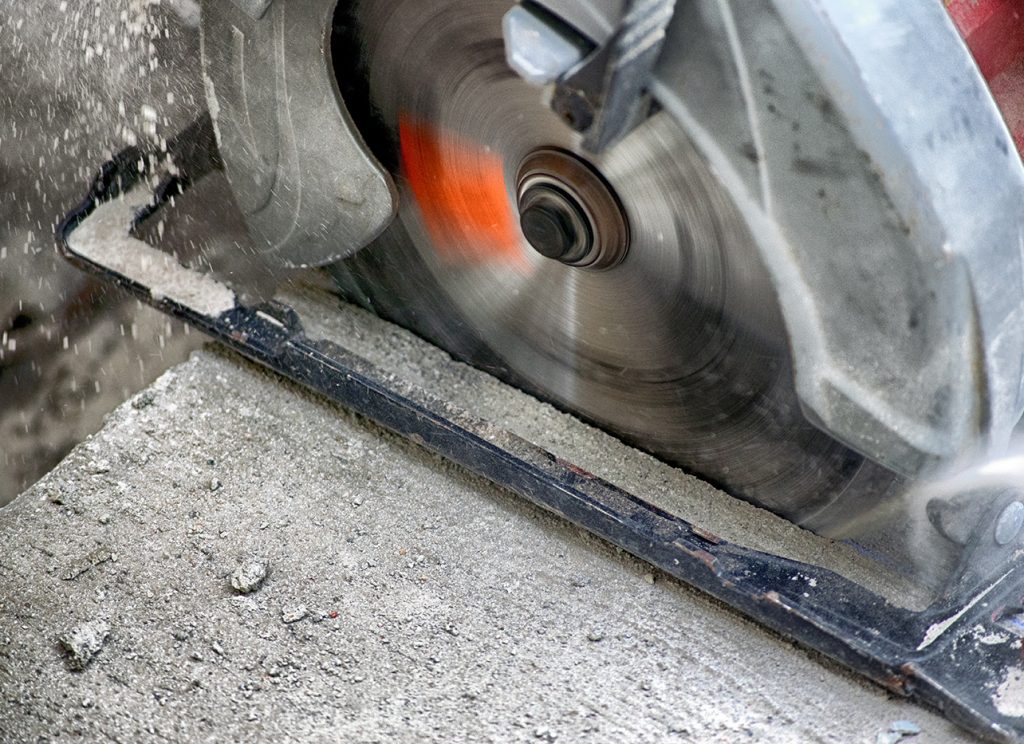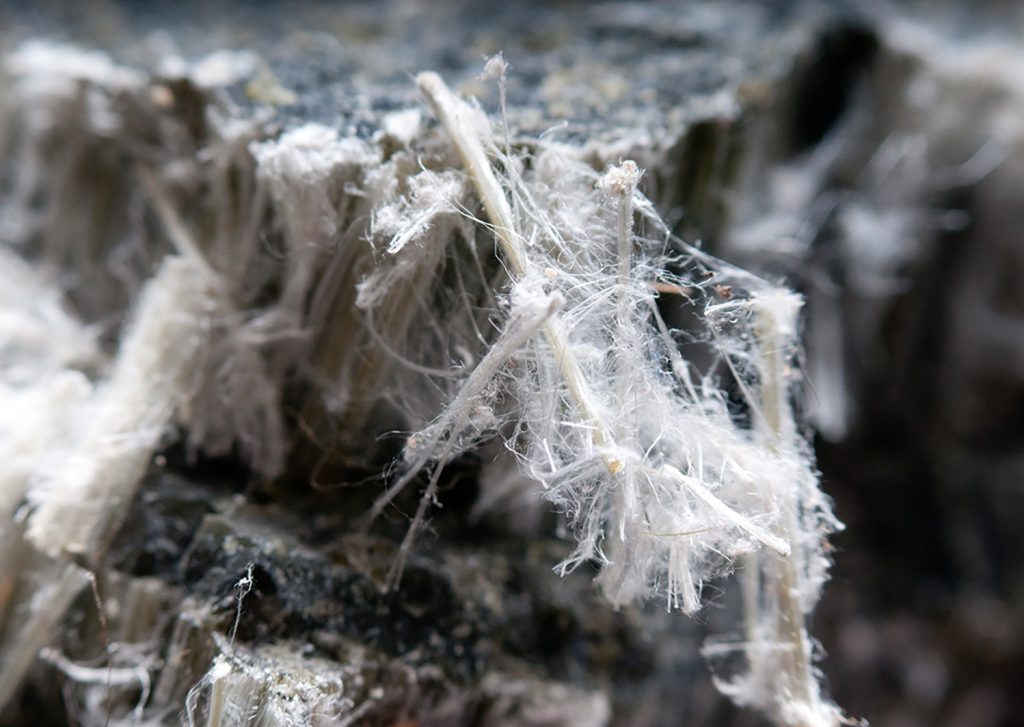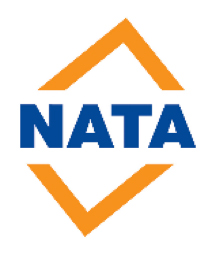Silica Monitoring
& Management
Respirable Crystalline Silica Monitoring & Management
Where is it found?
Silica is found in many different materials such as bricks, clay, tiles, aggregates, mortar, concrete, natural and engineered stone products, sandstone, and fibre cement sheeting.
Industries such as construction, manufacturing, stone benchtop fabrication, memorial stonemasons, tunnelling, quarries, foundries, mining, civil construction, sandblasting, demolition and restoration produce respirable crystalline silica.
The Health Hazards of Respirable Crystalline Silica
When dust is inhaled it has the potential to cause lung cancer and silicosis. Silicosis is a severe lung disease which causes lasting damage to the lungs. It scars the lung tissue in a process called fibrosis.
As a result, it reduces a person’s ability to breathe. Silicosis can also continue to worsen for many years after being first diagnosed. The control of exposure is, therefore, crucial.


Respirable crystalline silica dust monitoring
Monitoring the hazard
We conduct workplace personal and static (area) air monitoring for crystalline silica, using well established and approved techniques to collect the respirable part of the dust only. For personal monitoring the consultant positions the sampling head, containing a filter, in the worker’s breathing zone (within 30cm of the mouth and nose). Once testing is completed, the samples are transferred to a NATA accredited laboratory for analysis using a suitable method including Fourier Transform Infrared spectrometry (FTIR) or X-Ray Diffraction (XRD).
Respirable Crystalline Silica Exposure Limits
The Safe Work Australia 8-hour workplace exposure limit for crystalline silica (α-quartz) is currently 0.05 mg/m3. For a 12-hr shift it is halved. Exposures must always remain “as low as reasonably practicable”. So, even if exposure is below the OEL, companies must use further controls if they are available. They must do this is because there is no safe exposure level to carcinogens.


NATA Accredited Laboratory No: 20602
Accredited for compliance with ISO/IEC 17025 – Testing
